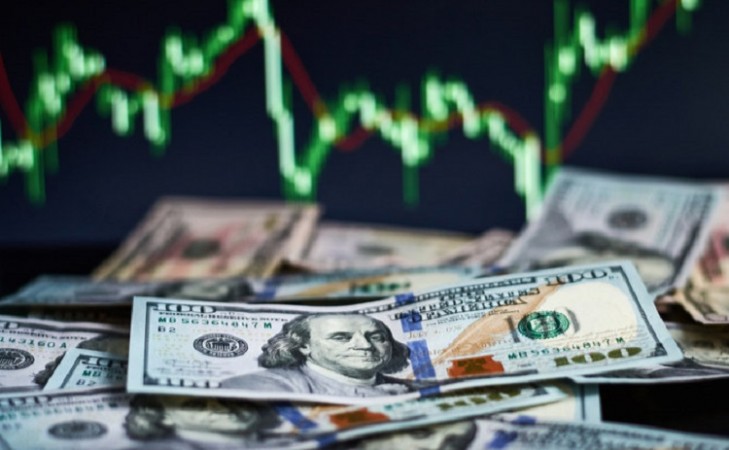
The value of the dollar has been declining due to slower-than-expected U.S. inflation data, which has led traders to believe that there will be no further interest rate hikes by the end of the month. This resulted in a significant sell-off of the dollar, pushing it to its lowest levels in over a year against the euro and sterling, and its lowest in over eight years against the Swiss franc.
The core inflation rate in the U.S. for June was 0.2%, below market expectations of 0.3%. The headline annual CPI (Consumer Price Index) fell to 3%, dropping from its peak of 9.6% a year ago. While the markets have priced in another rate hike from the Federal Open Market Committee (FOMC) later this month, expectations for further increases have diminished.
The fate of the U.S. dollar for the rest of the year is uncertain, according to Fiona Cincotta, a markets strategist at City Index. The upcoming statements from the FOMC will play a crucial role in determining the direction of the dollar and setting the tone for the summer. If the Fed hints at a dovish stance, it could lead to a continued decline in the dollar. Cincotta also expressed skepticism about the Fed signaling that July's rate hike would be the last.
As U.S. interest rate expectations have decreased, the gap between U.S. borrowing rates and those of other countries has narrowed. This has driven other currencies, particularly the euro, sterling, and yen, higher against the dollar. The euro has been on a six-day winning streak, reaching its longest stretch of gains against the dollar this year. The target for the euro is set at $1.15 by the end of the year, with a potential range of $1.15 to $1.20, according to George Saravelos, Deutsche Bank's global co-head of FX research.
Sterling also rose against the dollar, surpassing $1.30 for the first time since April last year. Data showing that Britain's economy contracted less than expected in May supported the view that the Bank of England can raise interest rates without harming economic growth.
The yen strengthened against the dollar, partly due to declining U.S. Treasury yields, which closely influence the dollar/yen currency pair. The Swiss franc reached its strongest level against the dollar since the Swiss National Bank removed the currency peg in early 2015.
Overall, the decline in the dollar's value is driven by lower-than-expected inflation and the belief that interest rate hikes in the U.S. may be coming to an end, causing traders to favor other currencies over the dollar.
RBI to Set a Long Route for the Digital Currency Launch
Centre Sanctions Rs.7,532 Cr to 22 States for Disaster Response Fund